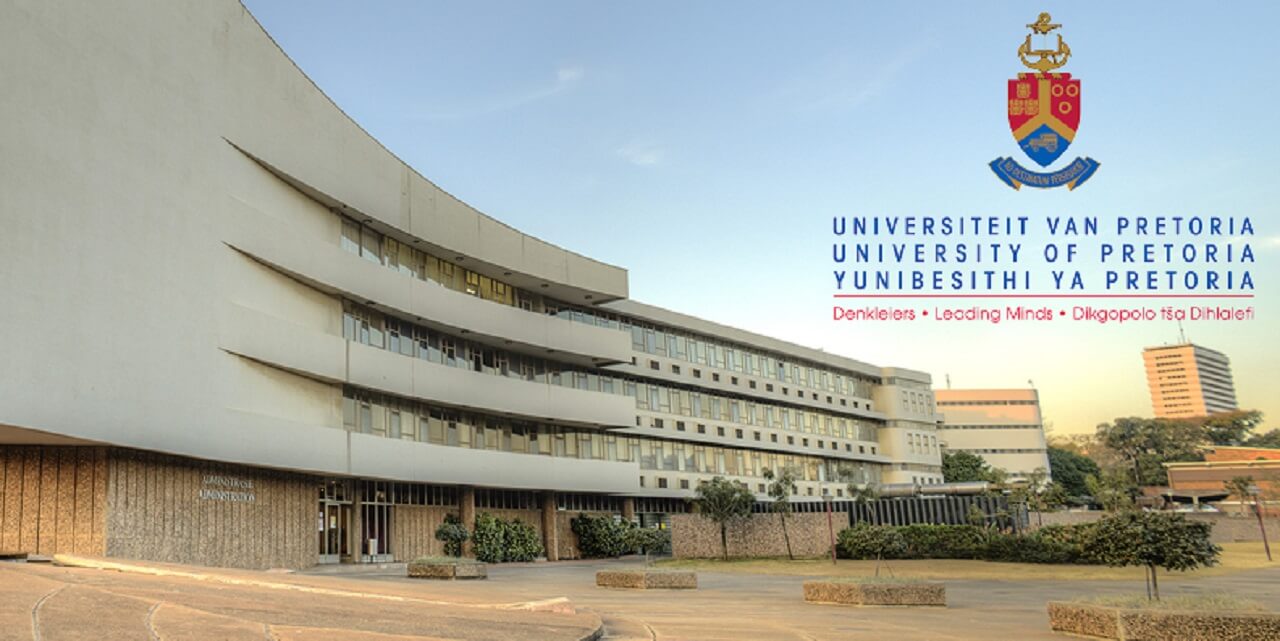The University of Pretoria (UP) is renowned for its excellence in engineering education, offering a wide range of engineering courses designed to equip students with the skills and knowledge needed to excel in their chosen fields. Whether you are interested in civil, electrical, mechanical, or any other branch of engineering, UP provides a robust curriculum, state-of-the-art facilities, and a supportive learning environment.
Why Choose Engineering at UP?
UP’s Faculty of Engineering, Built Environment, and Information Technology (EBIT) is one of the leading engineering faculties in South Africa. It offers world-class education and training, with a strong emphasis on research, innovation, and practical experience. Here are some reasons to consider UP for your engineering studies:
- Accreditation: UP’s engineering programs are accredited by the Engineering Council of South Africa (ECSA), ensuring that they meet high-quality standards and are recognized both locally and internationally.
- Industry Connections: The faculty maintains strong ties with industry partners, providing students with opportunities for internships, work-integrated learning, and exposure to real-world engineering challenges.
- Cutting-Edge Facilities: UP boasts modern laboratories, research centers, and workshops equipped with the latest technology and equipment.
- Experienced Faculty: Students learn from highly qualified and experienced faculty members who are leaders in their fields and actively involved in groundbreaking research.
Engineering Courses Offered at UP
The University of Pretoria offers a variety of undergraduate and postgraduate engineering courses across several disciplines. Here is an overview of the key Bachelor of Engineering (BEng) programs available:
- BEng – Industrial Engineering
- Focuses on the optimization of complex processes, systems, and organizations.
- Emphasizes efficiency, productivity, and the integration of people, technology, and information.
- BEng – Chemical Engineering
- Combines principles of chemistry, physics, and engineering to develop processes and products.
- Covers areas such as chemical reactions, process design, and materials science.
- BEng – Civil Engineering
- Involves the design, construction, and maintenance of infrastructure such as roads, bridges, buildings, and water systems.
- Includes specializations in structural, geotechnical, transportation, and environmental engineering.
- BEng – Electrical Engineering
- Covers areas such as power systems, electronics, telecommunications, and control systems.
- Focuses on the generation, transmission, and distribution of electricity.
- BEng – Electronic Engineering
- Deals with electronic circuits, devices, and systems.
- Encompasses areas like digital systems, communication systems, and signal processing.
- BEng – Mechanical Engineering
- Involves the design, analysis, and manufacturing of mechanical systems and machinery.
- Covers topics such as thermodynamics, fluid mechanics, and material science.
- BEng – Metallurgical Engineering
- Focuses on the extraction, processing, and manufacturing of metals and materials.
- Includes specializations in physical metallurgy, extractive metallurgy, and materials engineering.
- BEng – Mining Engineering
- Prepares students for careers in the mining industry, focusing on the extraction and processing of minerals.
- Covers mine planning, rock mechanics, and mine safety.
- BEng – Computer Engineering
- Combines principles of electrical engineering and computer science.
- Involves the design and development of computer hardware and software systems.
Admission Requirements
Admission requirements for engineering courses at UP vary depending on the specific program. However, common requirements typically include:
- National Senior Certificate (NSC) or equivalent: With a minimum level of achievement in Mathematics and Physical Sciences.
- Admission Point Score (APS): A minimum APS score specific to each engineering program. Generally, a high APS score is required due to the competitive nature of engineering courses.
- English Proficiency: Proficiency in English, as it is the medium of instruction.
Application Process
To apply for an engineering program at UP, follow these steps:
- Visit the UP Website: Go to the University of Pretoria’s official website and navigate to the applications section.
- Complete the Online Application: Fill out the online application form and submit all required documents, including your final high school results.
- Pay the Application Fee: Ensure that you pay the non-refundable application fee to process your application.
- Submit Your Application: Review your application and submit it before the closing date.
Conclusion
Choosing to study engineering at the University of Pretoria is a decision that can set you on a path to a successful and fulfilling career. With a wide range of courses, excellent facilities, and strong industry connections, UP provides an ideal environment for aspiring engineers to thrive. Start your journey today by exploring the engineering programs at UP and taking the first step towards making a significant impact in the world of engineering.
For more detailed information and updates on admissions, visit the University of Pretoria’s official website.
